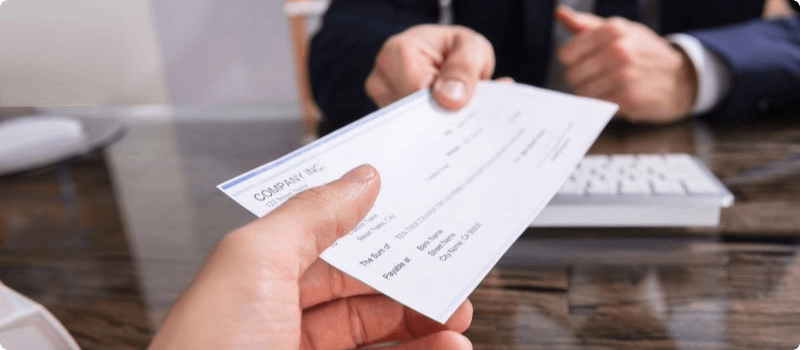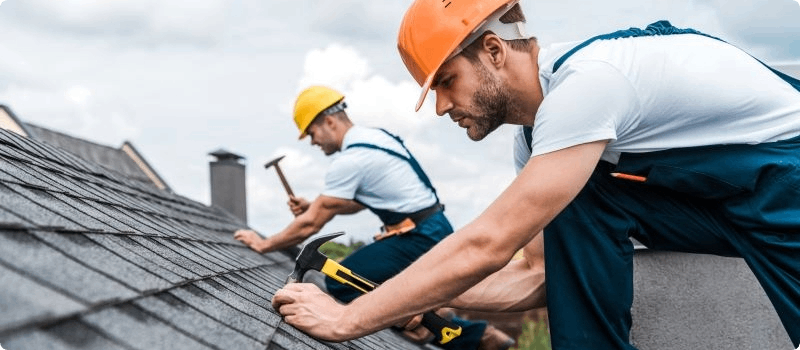6 ways to build equity in your home
Updated January 5, 2025 . AmFam Team
You may have heard the term home equity before. Perhaps you’ve wondered what exactly home equity is, what it means and why it matters. Maybe you’ve asked yourself, how does home equity benefit me and how do I build it?
We’re here to help remove some of the mystery surrounding home equity and go a step further — by providing you with some reliable methods of growing it. We’ll explain what home equity is, why it matters and what you can do to increase the value of your home over time.

What is home equity?
Simply speaking, home equity is the difference between your home’s fair market value and what you owe on the outstanding balance of all liens. Also known as a real property value, your home’s equity appreciates when you make payments against the mortgage balance or when your property value increases.
For example, let’s say your home is valued at $100,000, and you owe $40,000 — your home’s equity would be the $60,000 in between. As a general rule, the greater the positive number in home equity, the better. You gain equity primarily from paying down the principal balance of the home loan through your monthly mortgage payments or by an increase in your home’s market value.

6 methods for building home equity
Building home equity is crucial to homeownership because it helps to provide future financial security. You may be able to use it as collateral, borrowing against it if a major expense arises. Through home equity loans or lines of credit, you may be able to convert your home equity into cash when you really need it.
So, how to grow your home’s equity?

1. Increase your down payment
The most reliable way to build equity also happens to be one of the quickest ways. By increasing your down payment when you purchase your home, you’re putting more equity directly into your home.
Let’s say the home you buy is valued at $100,000. Next up, suppose you make a $5,000 down payment on that home. At this point, you’ll owe $95,000 on your mortgage, and you’ll have $5,000 in equity. If, however, you increase your down payment to $20,000, you would owe $80,000 on the mortgage and give yourself an instant $20,000 in equity.
As an added bonus, making at least a 20% down payment on your conventional loan will eliminate the private mortgage insurance (PMI) premium. PMI is an insurance policy that protects lenders or investors in the event a borrower defaults on their mortgage. The cost is usually paid by the homeowner on a monthly, upfront or mixed basis. By putting down at least 20% of the home’s value, however, you waive the PMI cost. That’s extra money every month to pay toward your mortgage principal.

2. Make bigger and/or additional mortgage payments
Generally speaking, only a portion of your mortgage each month will be designated to the principal cost of the house. By making additional payments or paying above your minimum payment, you’re building equity in the home by paying down the principal. Chipping away at the principal — the amount you owe toward your home before taxes, interest and other fees — can help steadily build your equity.
Even an extra $50 a month can help grow the equity of your home considerably over time.

3. Refinance and shorten your mortgage loan term
Another option for building equity is refinancing your home and using shorter loan terms. This has a couple of added benefits, as you’ll typically secure lower interest rates and shorter loan terms, allowing for more of your mortgage to go to the principal every month. Remember, money paid into the principal of your mortgage is cash converted into equity.
Before you refinance your mortgage, however, ask yourself a few of these questions to be sure you’re making the right move.

4. Discover unique sources of income
The most important strategy for building equity is reducing what you owe while your property value increases. If you pay the minimum amount each month, you’re likely not building the equity you could be. This is why finding opportunities to pay off your mortgage could be attractive to many equity-savvy homeowners.
Windfalls, gifts and inherited money are all great, but they’re usually pretty hard to come by. Consider other sources of income — including revisiting your budget —to build up equity by paying off the principal you owe more quickly.

5. Invest in remodeling and home improvement projects
Besides paying down the cost of your loan, one other primary source of equity growth occurs when you increase the property value of your home. By upgrading your home through projects like a kitchen remodel, you could be adding equity to your property down the line. Whether you’re hiring a professional or approaching your remodel with DIY in mind, you can help boost your home’s market value and potentially see a significant increase in your home’s equity. A home worth more than you owe is the goal, and a great way to get you there is by investing in property improvements.

6. Wait for the value of your home to increase
Unless you have a plan to spend your home’s equity — say on a project or expense coming up soon — you may be able to rest on natural property value growth. As you pay off your mortgage each month, and if your home’s value rises naturally, equity will be a side benefit. It’s important to do your homework before buying a home, however. Make sure the neighborhood, the property values and the condition of the home in question are solid and projected to increase.
Beware of the disadvantages of letting your property naturally grow, too. For example, events like a housing market crash could cause property value to depreciate and eat some of that property equity you’ve been building over time.

Protect your home's value
A home is one of the most important tools for financial security in your future, and your home insurance is no different. Protect the things you work hardest for by taking a moment to contact your American Family Insurance agent to discuss your home equity plans. You’ll be taking the necessary steps to secure yourself, your family, your home and your financial future.
This article is for informational purposes only and based on information that is widely available. While we do our best to provide helpful resources, we make no guarantees or promises about the reliability, accuracy, or any potential outcomes. This information does not, and is not intended to, constitute legal or financial advice. You should contact an appropriate professional for advice specific to your situation.
Tools & Resources
NextScripts
JSS component is missing React implementation. See the developer console for more information.

